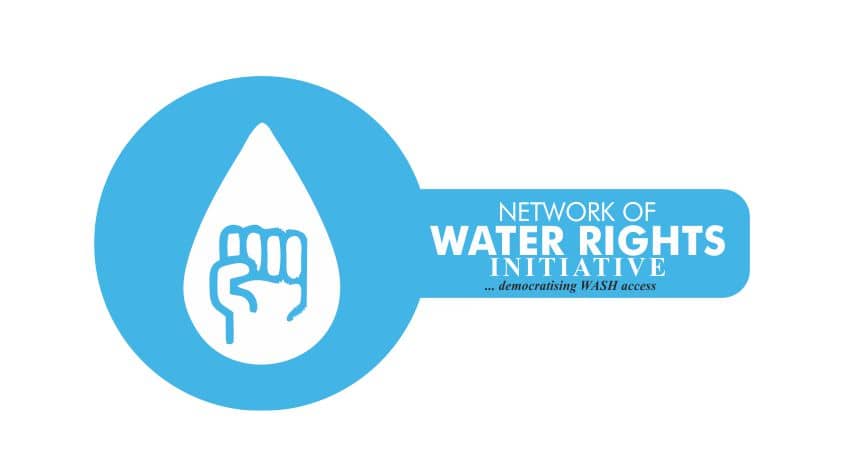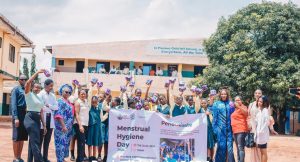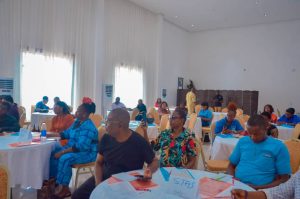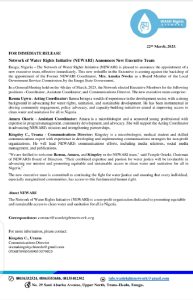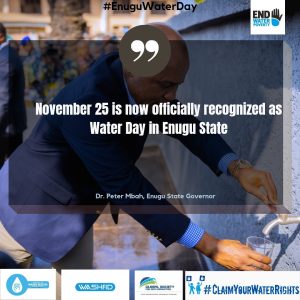The recent flooding in Borno State, Nigeria, has resulted in a catastrophic humanitarian crisis, claiming at least 30 lives and displacing over 400,000 people. The overflowing of the dam has led to the flooding of the capital city, leaving a trail of destruction and chaos. The situation is dire, and the risk of cholera outbreaks and other water-borne diseases is extremely high.
Urgent Need for Aftermath Interventions
The displaced populations are vulnerable to water-borne diseases because the floodwaters have contaminated water sources, increasing the risk of water-borne diseases. Also, the displaced communities are more likely to be faced with the ordeal of lacking access to proper sanitation facilities and hygiene materials whilst the overcrowded temporary shelters increase the risk of disease transmission.
High Risk of Cholera Outbreaks
Cholera is a highly infectious disease that can spread rapidly in areas with poor sanitation and hygiene. The risk of cholera outbreaks is high due to:
- Contaminated Food and Water: Floodwaters have contaminated food and water sources, increasing the risk of cholera transmission.
- Poor Waste Management: Improper waste disposal increases the risk of disease transmission.

Call to Action
We urge government agencies, non-governmental organizations, development partners, and relevant authorities to:
- Prioritize Coordinated and Synergistic Emergency Response: At this critical point, there is a cogent need to prioritize coordination amongst several stakeholders to provide immediate assistance to displaced populations, including food, shelter, and medical aid.
- Deploy Medical Teams and medical supplies: Send medical teams to affected areas to treat displaced persons and prevent possible outbreaks.
- Establish Emergency Cholera Treatment Centers: Set up cholera treatment centers to manage and treat cholera cases, where they exist.
- Provide Clean Water and Sanitation: Ensure access to safe drinking water, sanitation facilities, and hygiene materials across the temporary shelters and affected areas. Water trucks or tankers would come in handy in this situation, whilst leveraging on on-site sanitation technologies to manage possible sanitation crisis.
- Enhance Community Engagement: This incident offers a crucial opportunity to further sensitize and educate communities on flood risks, preparedness strategies, and cholera prevention.

The situation is critical, and immediate action is necessary to prevent cholera outbreaks and save lives. Synergy across board is needed to mitigate the impact of this devastating flood and build a more resilient future for those affected.
